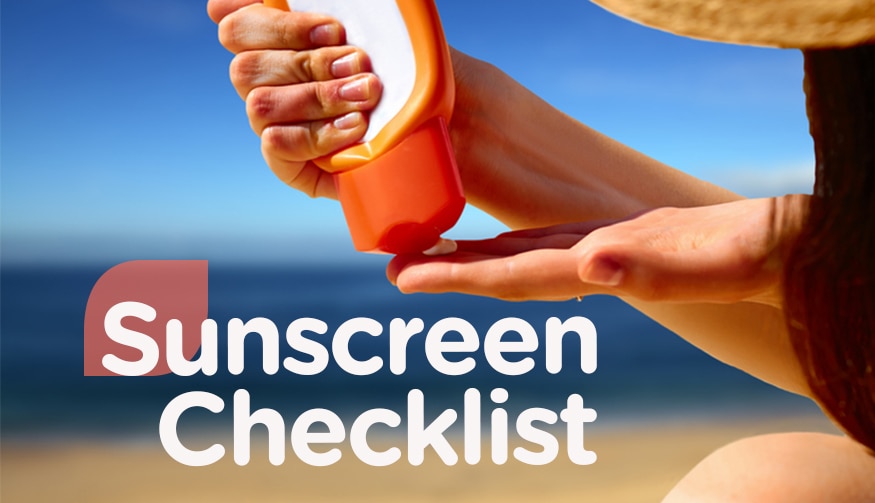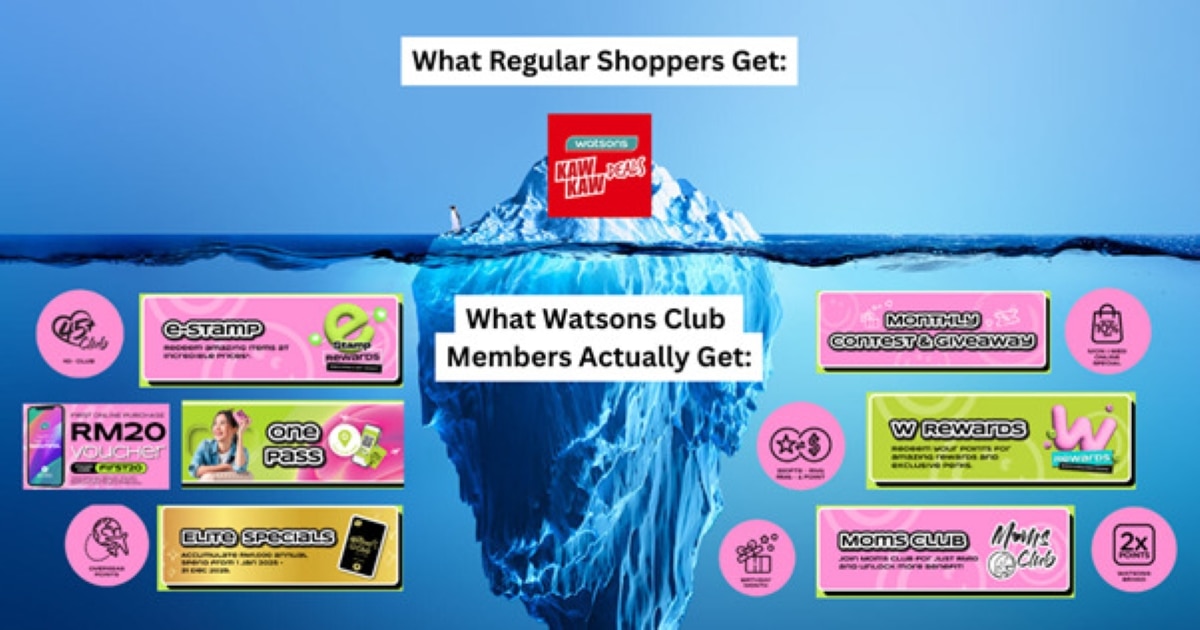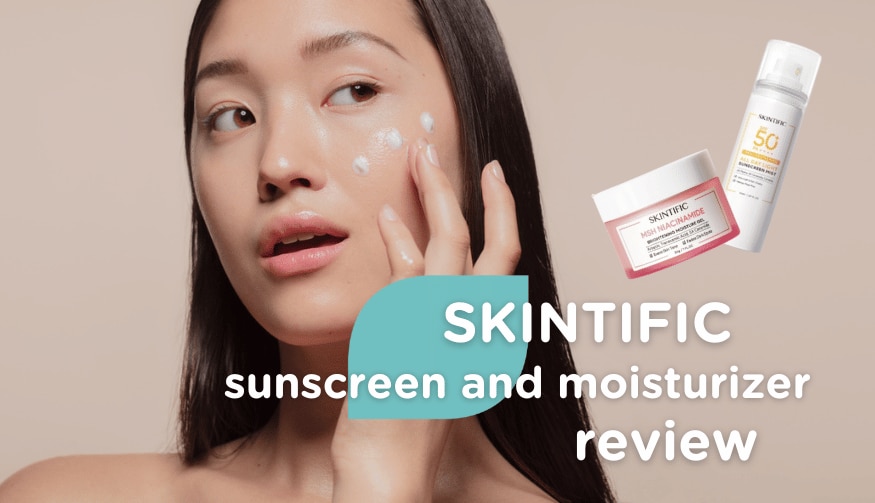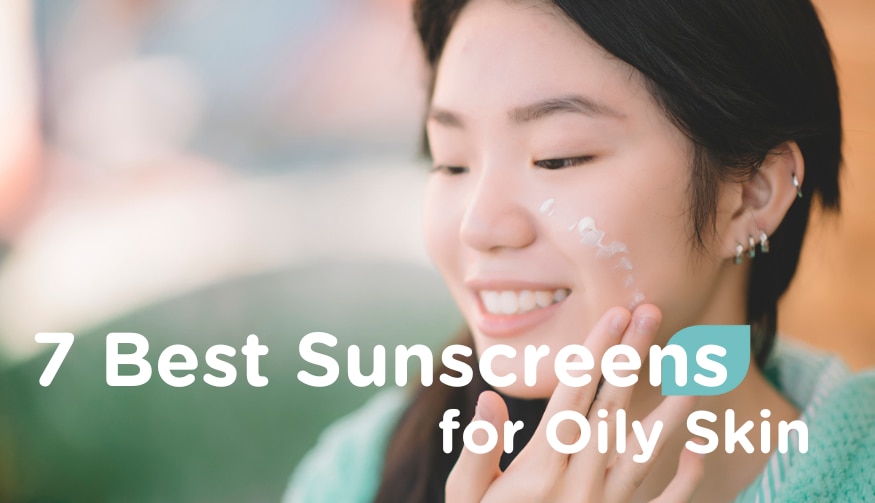Sunscreen is very important in protecting yourself against skin cancer. To get the best protection out of the sun shield, you need to know what to look for in a sunscreen and find the right product for your skin. (Learn more about suncare)
Here are the tips:
When buying packaged food, it is important to be well versed in reading nutrition labels, the same goes to sunscreen shopping. You should always read the ingredients list on the package and identify if it is chemical free.

Here are some of the common sunscreen ingredients that you should know:
Zinc oxide
It is a mineral-based compound that is used both as a UV filter of sunscreens and a skin protectant. When it’s applied to the skin, it creates a protective seal that reflects the UV light away. It is said to be the safest and most effective active sunscreen ingredients as it is not absorbed into the skin like chemical sunscreens, and is friendly to sensitive skin.
Oxybenzone
One of the most notorious UV filters in sunscreen products is oxybenzone, though evidence showed chemicals like this might disrupt hormones, they do exist in many sunscreen products. So it’s best to read the label and avoid products that contain those ingredients.
Octinoxate
It is an organic compound that can be easily absorbed by human body. Octinoxate is found in some sunscreens, shampoos and lip balms. Not only known to be a hormone disruptor, it can also lead to developmental and reproductive toxicity. Hawaii has also banned sunscreens containing oxybenzone and octinoxate due to their coral-harming impacts.

Note on Sunscreen Spray
Sunblock sprays have become more and more popular as they are easy to apply, but there are actually quite a number of risks when using sprays. For example the spray-on sunscreen can be flammable; there is also unknown health risk when you accidentally inhale the fumes. Therefore it is advised not to spray directly into your face.
For Oily or Acne-Prone Skin
If you have oily or acne-prone skin, you can choose sunblock for face that are water-based. Try look for sunscreen that is fragrance, paraben free, as well as noncomedogenic, make sure it is gentle enough for your sensitive skin.

Whatever type of screen you go for, always choose one with a label that reads “broad spectrum,” which means it shields you from UVA and UVB rays, both of which can damage your skin and boost your cancer risk. Go with products with sunblock SPF 30 or above and reapply the product every two hours.












